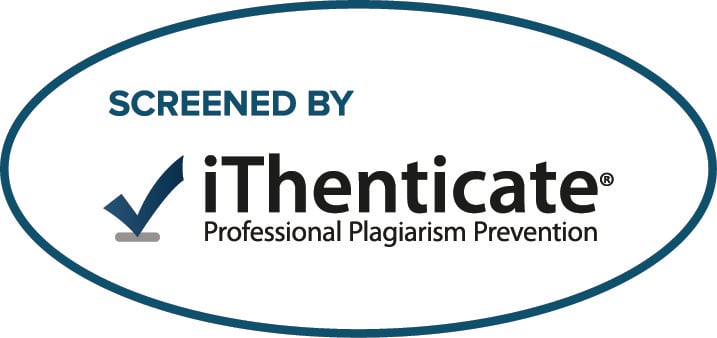Peer Review Process
Criteria for Publication
FORPIT receives many articles related to submissions to be published. Thus, peer-reviewers accept articles selectively and reject the papers that may need intolerable revisions. To be published in the FORPIT , a paper should meet four general criteria :
1. Presenting considerable evidence for its conclusions.
2. Clear novelty.
3. Distinct significance for scientists in the field.
4. Open for inter or multi-disciplinary studies.
Overall, the acceptable paper should represent an outstanding comprehension that is liable to inspire the thinking development of the field. There should be a perceptible reason as to why the work deserves to be published in the FORPIT.
The Review Process
Each submitted manuscript is read by the editorial staff. Only those papers that seem most likely to meet our editorial criteria are sent for full peer review. Those papers assessed by the editors to be of insufficient general interest or otherwise inappropriate are rejected promptly based on internal and external advice from reviewer specialists in the field).
The potential manuscripts to our readership are sent for the next review, at least by two reviewers. The editors then make a decision based on the reviewers' recommendations.
Peer-Review Selection
Reviewer selection is essential for the publication process based on many factors, including expertise, reputation, specific recommendations, and our experience of reviewing the publication process. Furthermore, we ensure the potential reviewers before sending them manuscripts for review.
The main purpose of the review is to provide the editors with the information needed to determine the accepted manuscripts. The review should also advise the authors as to how they can rewrite for better paper to comply with editorial requirements. As far as possible, a negative review should explain to the authors the weaknesses of their manuscript, so that rejected authors can understand the basis for the decision and see in broad terms what needs to be done to improve the manuscript. This is secondary to the other functions, however, and referees should not feel obliged to provide detailed, constructive advice to the authors of papers that do not meet the criteria for the journal (as outlined in the letter from the editor when asking for the review).
We conduct a double-blind review so the authors and the reviewers unknown each other. Unless the reviewers feel so strongly to identify the author, nonetheless, we prefer that reviewers are anonymous throughout the review process and beyond.
Ethics and Security
FORPIT editors may seek advice about submitted papers not only from technical reviewers but also on any aspect of a paper that raises concerns. These may include, for example, ethical issues or issues of access to data or materials. Very occasionally, concerns may also relate to the implications to society of publishing a paper, including threats to security. In such circumstances, advice will usually be sought simultaneously with the technical peer-review process. Overall, publishing decisions, the ultimate decision as to whether to publish is the responsibility of the editor of the journal concerned.






